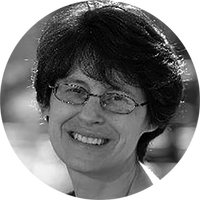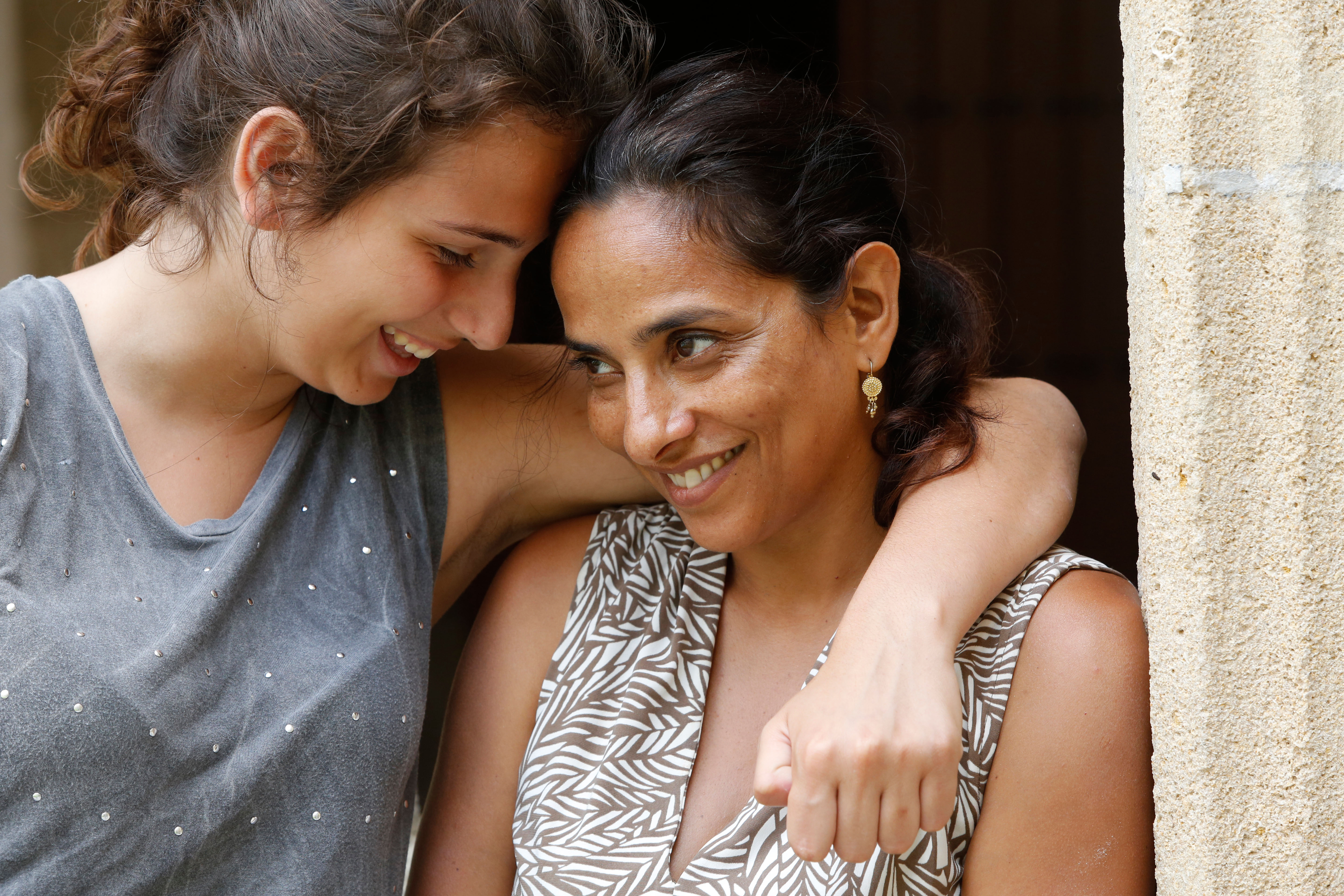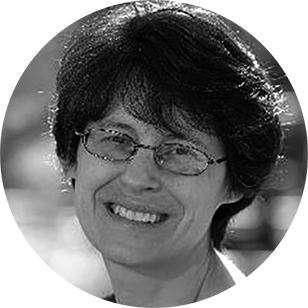How I survived my daughters' teenage years
There is light at the end of the tunnel


A free daily email with the biggest news stories of the day – and the best features from TheWeek.com
You are now subscribed
Your newsletter sign-up was successful
In a few days, I'll be saying goodbye to my younger daughter's childhood. She will turn 20 in late January. Just after midnight that day, she will no longer be an adolescent.
My older daughter is 23, so we've been doing adolescence in our house for a long time. As my older one was midway through hers, my younger daughter entered into this most difficult phase — difficult for parents, for children, for everyone. I can't believe it's almost over.
In my experience, a girl's adolescence really begins around the age of 10. That's when she starts showing signs of becoming a woman: Some girls need bras or get their periods. Others fight with friends and get moody at home. They start becoming interested in music that doesn't sound like music to you, and want to go to the movies without you. They start experiencing crushes. And things get, well, tough.
The Week
Escape your echo chamber. Get the facts behind the news, plus analysis from multiple perspectives.

Sign up for The Week's Free Newsletters
From our morning news briefing to a weekly Good News Newsletter, get the best of The Week delivered directly to your inbox.
From our morning news briefing to a weekly Good News Newsletter, get the best of The Week delivered directly to your inbox.
My own adolescence was really hard, especially my teenage years. In fact, there was nothing I hated more. I remember gleefully turning 13, thinking I was practically grown-up. But 13 turned out to be no better than 12, and by the time I hit 20, I'd made so many mistakes, had been hurt so many times, had felt unworthy for so long, that I once again truly thought my new age meant I was finally grown-up, and things would change. Of course, like 13, 20 is not grown-up. But I wanted to believe it would be different.
Adolescence was painful for my daughters, too. As I watched them endure mean girls (and boys) and failed romances and jobs that didn't quite work out, as I watched them navigate middle school and high school, and fall down and get up and fall down and get up again, I knew I couldn't do a thing to mitigate their pain except listen.
When my older daughter was 14 or so, things were so bad that I wished out loud that I could fast forward through the teenage years to the next chapter of their lives. Because when you're the parent of adolescent girls, time moves so slowly. You frequently have to remind yourself that, although your girls look like women, their female bodies are simply betraying the fact that they are children. You want to protect them from everyone and everything every day, but you also know they must really experience the lessons of adolescence. So you insist they go to school even though they feel like everyone hates them, even when they failed a test yesterday, even when they didn't get into the play they wanted, or didn't earn a position in a club they were striving for. And you wait for the time when you can look back together at those hard moments, stronger and happier, and know they paid off. But the waiting is agonizing.
I used to imagine that each daughter, starting at about the age of 12, was a rock at the bottom of a steep hill. I was standing, my back towards the rock, willing it to go up the mountain. Because the rock was completely smooth, sometimes it would move up just the tiniest of bits. But often times, even as I threw my back against it, begging it to go up the mountain, the rock betrayed me, staying put, refusing to budge an inch.
A free daily email with the biggest news stories of the day – and the best features from TheWeek.com
The years did pass. My older daughter went to college. She went to graduate school. She found great friends who did not betray her. She studied abroad. She fell in love. She's getting married this year. I knew these things would happen, yet in those dark moments, when my daughter was 14 and 15 and 16, I didn't really know.
The teen years weren't all bad. There were highs in there, too, and when I remind myself of them, I get a smile on my face. Those triumphs, like when my daughter made the Honors Orchestra in high school, or when my other daughter bravely decided to spend a semester studying abroad during her junior year of high school, or the hard-won good grades, all of those things helped bolster us.
Now when I visit my kids, I see two intelligent, beautiful young women actively working towards their career goals, with loving friends and supportive bosses and opportunities I could never have imagined for myself. I see people who went up the mountain slowly and came down quickly. I see two people I started in my own body, two people I brought into the world, who I gave everything to, even, and especially, when they were teenagers and it all seemed so untenable.
In a way, I got my wish: Time really did fast forward. I can't believe that soon I will be able to say both my kids are in their early 20s, and everything's worked out.
Judy Mollen Walters is an essayist whose work has been featured at The Washington Post, Huffington Post, Kveller, The Forward, and Spring St., just to name a few. She is also an author of five women's fiction novels, with a sixth due soon. They can all be found on Amazon. You can contact Judy at judymwalters@gmail.com.
-
 The ‘ravenous’ demand for Cornish minerals
The ‘ravenous’ demand for Cornish mineralsUnder the Radar Growing need for critical minerals to power tech has intensified ‘appetite’ for lithium, which could be a ‘huge boon’ for local economy
-
 Why are election experts taking Trump’s midterm threats seriously?
Why are election experts taking Trump’s midterm threats seriously?IN THE SPOTLIGHT As the president muses about polling place deployments and a centralized electoral system aimed at one-party control, lawmakers are taking this administration at its word
-
 ‘Restaurateurs have become millionaires’
‘Restaurateurs have become millionaires’Instant Opinion Opinion, comment and editorials of the day
